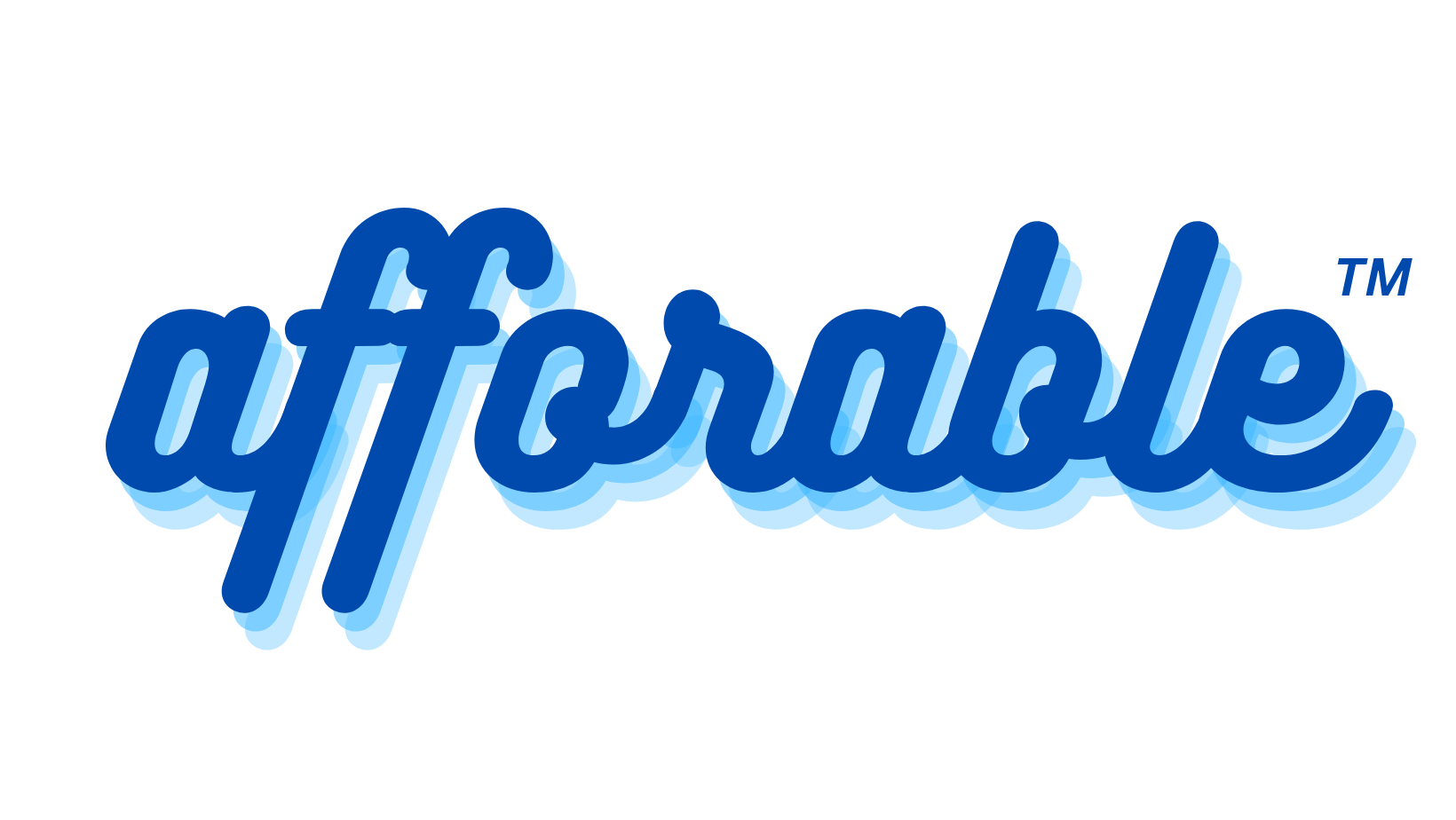Healthcare is a priority in our lives, but understanding the intricacies of healthcare coverage can be challenging. Two terms that are often used interchangeably are “health insurance” and “medical insurance.” In this article, we’ll clarify the distinctions between health insurance and medical insurance, helping you make informed choices about your healthcare coverage.
Health Insurance: A Comprehensive Shield
1. What is Health Insurance? Health insurance is a broad term that encompasses various forms of coverage, including medical insurance. It is a contract between an individual and an insurance company, where regular premiums are paid in exchange for financial protection in the event of medical expenses.
2. How Health Insurance Works:
- Coverage Scope: Health insurance typically covers a wide range of healthcare services, including doctor visits, hospital stays, prescription medications, preventive care, and more.
- Financial Protection: It shields you from significant healthcare costs by sharing the financial burden with the insurance company.
- Additional Coverage: Health insurance can include dental, vision, and other supplementary benefits.
3. Pros of Health Insurance:
- Comprehensive Coverage: Health insurance provides a broad spectrum of healthcare services, ensuring you have access to a wide array of medical treatments.
- Financial Security: It protects you from high medical expenses, offering peace of mind in the face of unexpected health issues.
- Preventive Care: Many health insurance plans include coverage for preventive services, promoting early detection and proactive healthcare.
Medical Insurance: Focused Care
1. What is Medical Insurance? Medical insurance is a subset of health insurance that specifically covers costs associated with medical care. It hones in on doctor visits, hospital stays, surgeries, and other healthcare services related to diagnosing and treating medical conditions.
2. How Medical Insurance Works:
- Targeted Coverage: Medical insurance is designed to cover the expenses associated with medical treatments, tests, and procedures necessary for diagnosis and treatment.
- Specialized Care: It may not include other healthcare services, such as dental or vision coverage, as it concentrates on medical treatments.
3. Pros of Medical Insurance:
- Focused Protection: Medical insurance offers specialized coverage for essential medical care, ensuring that you’re financially protected in the event of illness or injury.
- Cost-Efficient: It may be a cost-effective option if you’re primarily concerned about healthcare expenses related to medical treatments.
The Key Distinctions
The primary difference between health insurance and medical insurance is the scope of coverage:
- Health insurance is all-encompassing, providing coverage for a wide range of healthcare services, including medical, dental, vision, and more.
- Medical insurance is a subset of health insurance, concentrating solely on medical care, such as doctor visits, surgeries, and diagnostic tests.
Conclusion
Understanding the distinctions between health insurance and medical insurance is essential for making informed decisions about your healthcare coverage. The right choice depends on your unique healthcare needs, budget, and preferences. Whether you opt for comprehensive health insurance or focused medical insurance, having the right coverage is crucial for maintaining your well-being and financial security.

